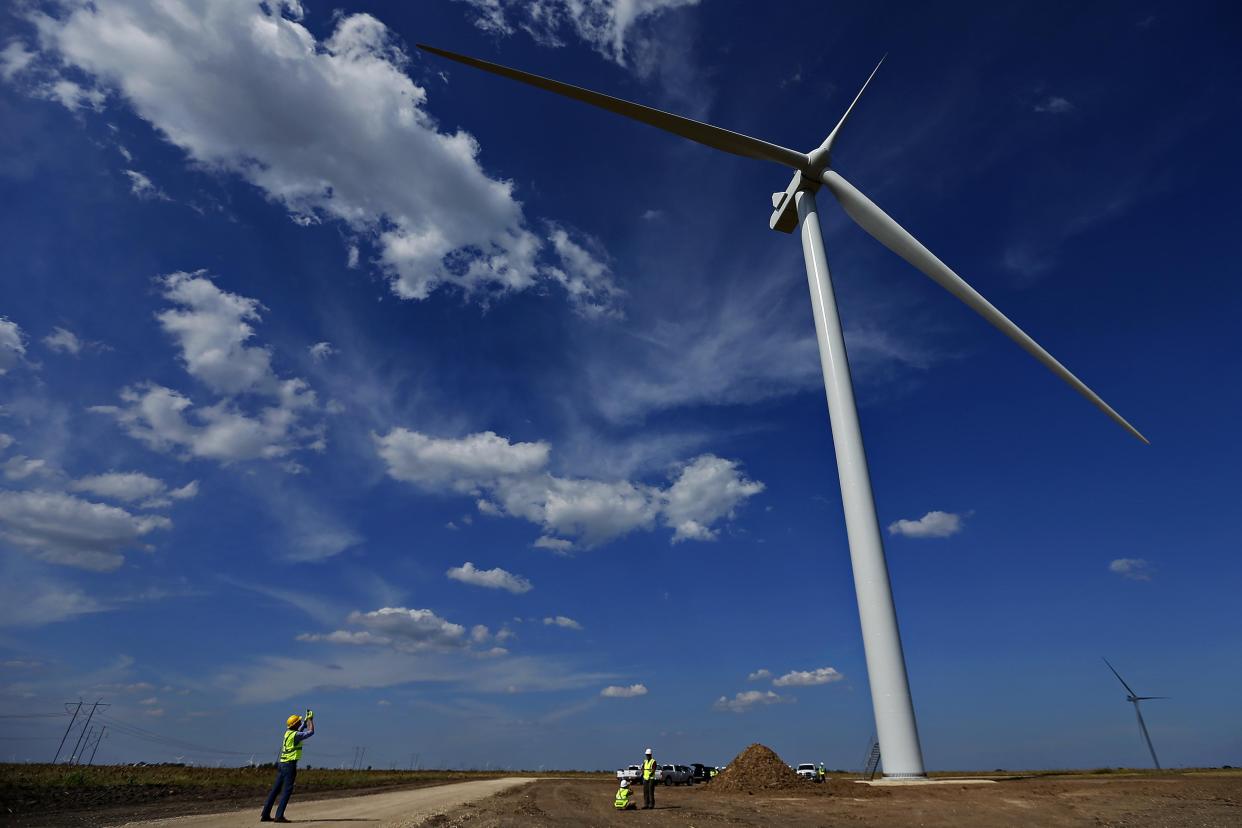Climate change goes from theory to financial reality — or, why your insurance went up

I am sitting down writing this six days before the 2024 Earth Day Festival here in Springfield. As one of the organizers, I’ve been feeling some pre-fest anxiety considering all the factors that must align for a successful event. One little change I noted was the cost of insuring an event such as this. Yes, we do purchase insurance — to protect the non-profit under which we operate. Liability and cancellation insurance.
What I noticed this year was the cost of that cancellation insurance. Last year we paid $405 for a policy covering us for the day of the event. This year the same insurance company no longer offers that coverage. The only thing our agent could find cost $3,400 for the day. We opted to forgo it this year.
So why the jump? Well I know like many of you, all of my insurance rates jumped this past year, which in turn pushed my mortgage up since I opt to pay homeowner's insurance with my mortgage. Since there was a shortage in my insurance escrow the payment went up. So my $847 payment is now $1,045. Car insurance jumped also.
I know many have had this same unexpected increase thrust upon them. The why is pretty clear — at least to me. I have been preaching the "sky is falling" throughout my career as a fire chief regarding life safety issues, everything from weather emergencies to building codes. I know it’s about the risks and likelihood of disastrous occurrences. The fact is, insurance as we know it is changing and in some cases, going away. When rates are too exorbitant so that only the wealthy can afford it — well, that pretty much means it will be gone for the vast majority.
The why is simple. The vast numbers and levels of claims that insurance companies have paid out for climate-related disasters reached a tipping point. Risks are outweighing resources that insurance companies are willing to gamble against those risks occurring. Boom! Climate change goes from being a theory that many doubt to a financial reality.
Right now the insurance companies are adjusting as much as possible within the business model they have. Banks are as well, refusing to mortgage or lend on property in certain parts of the world that have seen repeated climate devastations. Look at Florida. But what happens when whole areas of the country, the world, cannot get insurance on homes? Without insurance banks won’t loan or else the requirements will push home ownership even further away from the masses. How will that effect bank profits and insurance profits?
Here is what I suggest as a possible and ethical way forward for a fairly rapid and reasonable plan that the insurance and banking industry could get behind:
Start funding the development of renewable energy projects upon the already-developed, leased fossil fuel-producing public lands.
First, these lands already have infrastructure in place that would make it easier and quicker and cheaper to develop renewable wind and solar projects. Roads and utility lines are already in place. Many have local labor resources to tap. Many are in smaller communities that would benefit from a large scale project coming in boosting the economy and local tax bases.
Second, these lands are leased public lands. Develop a lease structure that encourages the current lease-holder to benefit from the renewables if they maintain their lease or at least sell it to the developing renewable companies as the fossil fuel is depleted. Do away with the depletion allowances and instead offer this in exchange.
The vast amount of oil and gas lands lie in the areas of the country that have vast wind and solar energy resources. Re-development of these lands also would keep new lands from being developed which may be less aesthetically palatable to local inhabitants. Eighty percent of these lands are suitable for renewable development under H.R.178 - Public Land Renewable Energy Development Act of 2023.
These lands have already been evaluated for environmental impacts before the oil and gas fields were developed. Co-locating renewables piggy-backs onto existing permits. Additional environmental studies would need to be done but much information would already be available. Again, adding to a speedier time frame for getting renewables up and going.
Lastly, this type of project would receive bipartisan support with the Republican sentiment for fossil fuel producers who would then benefit from the renewed lease arrangement, as well as Democrats who would support the speedier development of renewable energy. A win-win but more so, a win for the battle against climate change.
Bank and insurance boards and investors; put the ball in your court. Put your vast lobbying resources to use as a tool for sustainability and damn quickly! We know how things get done in this country. It takes dollars, but first it takes commitment. Commitment beyond throwing a few bucks at small sustainable projects. Don’t just raise your rates, RAISE HELL!
Get out of the board rooms and LEAD! Pull your funding from members of Congress until they follow. Tell them to support co-locating renewable energy projects on already developed fossil fuel leases. Then put your money into these projects. It will ultimately increase your bottom line as well as the quality of life for all.
Barry Rowell is a former Springfield fire chief and organizer of the city's Earth Day Festival.
This article originally appeared on Springfield News-Leader: As insurance costs climb, climate change becomes financial reality
